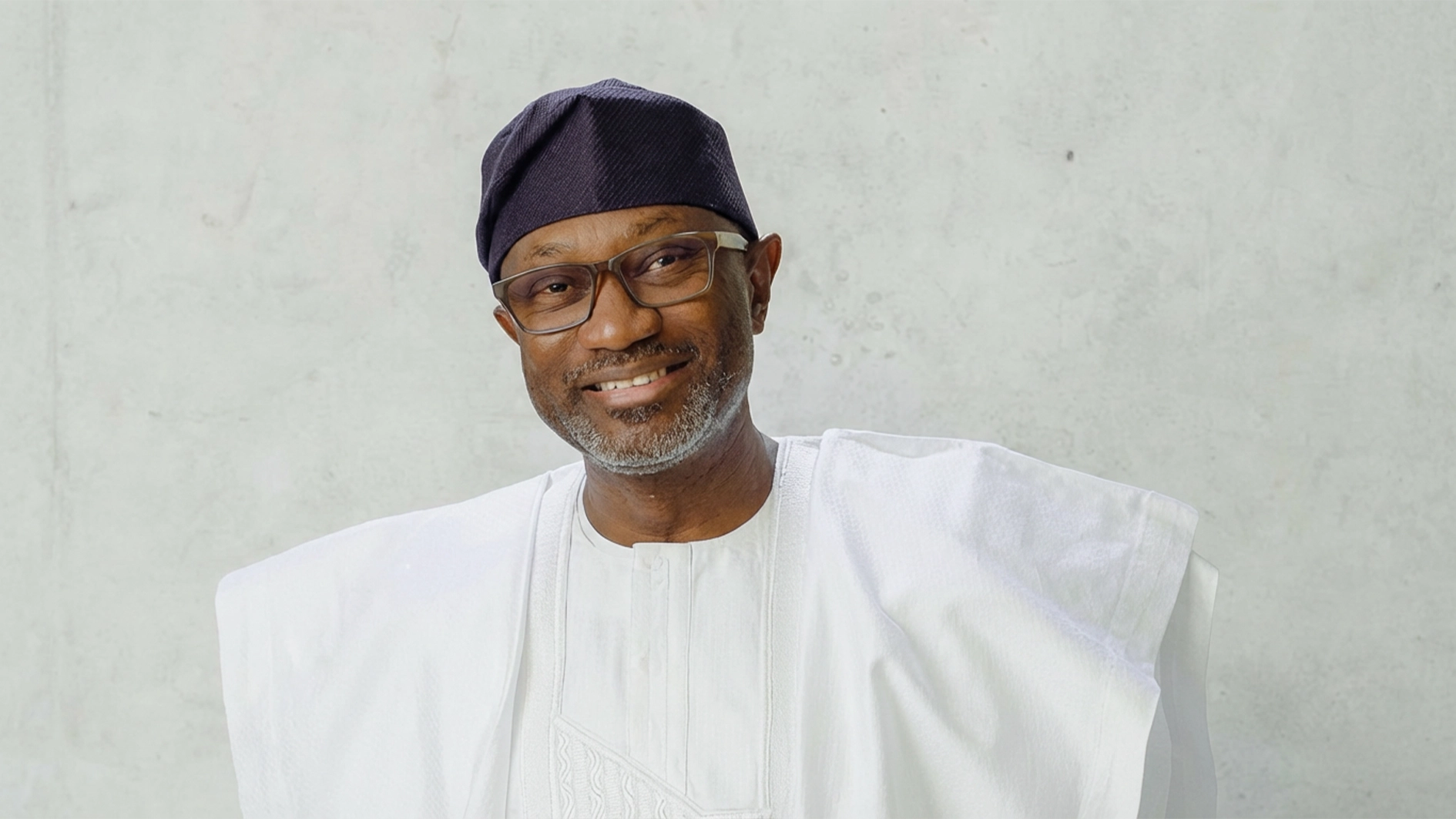Expert urges enhanced ESG practices for global competitiveness
Chief Executive Officer (CEO), Centre for the Promotion of Private Enterprise (CPPE), Dr Muda Yusuf, has decried the vulnerability of investors and entrepreneurs in Nigeria, noting that a national protection policy to protect their investments and rights is imperative.
This was as architect and thought leader in sustainable and regenerative design, Ijeoma Azi, underscored the critical role of Environmental, Social and Governance (ESG) practices in shaping the future and competitiveness of corporate Nigeria.
Noting that investors, entrepreneurs and employers are the lifeblood of every modern economy as they take risks, mobilise capital, create jobs, generate tax revenues and drive innovation; Yusuf regretted that despite all they do, their rights and investments remain inadequately protected in Nigeria.
The CPPE boss added that while significant legal safeguards exist for workers and employees, there is no comprehensive framework that protects the interests of investors and employers.
This imbalance, he said, undermines investor confidence and leaves those who create jobs vulnerable to disruptions, particularly from industrial actions by labour unions.
According to him, the manufacturing sector is especially exposed, given its large workforce, high fixed costs and significant sunk investments, adding that there are worries as well about the seemingly unlimited powers of regulatory institutions.
Calling for a robust policy response, one that creates a fair, predictable and secure investment climate, he said “this will protect those who create jobs and ensure that industrial relations are governed by law, due process and mutual respect.”
Speaking further, he said investors in Nigeria operate in an environment marked by uncertainty and institutional weakness, with key sources of vulnerability including a very weak legal protection, unrestrained union actions, regulatory unpredictability, bureaucratic bottlenecks and weak dispute resolution.
“There is a growing culture of coercion, intimidation and impunity among labour unions, resulting in industrial actions that are often out of proportion.”
These frequently escalate into large-scale disruptions that paralyse production, inflict huge financial losses and undermine national economic stability. There is a growing and disturbing incidence of incredibly disproportionate industrial actions.
Revealing that investor vulnerability carries serious macroeconomic and social consequences, he said that when investors lose confidence, capital flight intensifies, foreign direct investment (FDI) declines, and domestic enterprises contract their operations. The resulting chain reaction includes job losses, declining tax revenues and reduced economic growth.
Proffering policy recommendations, he called for legal and institutional reforms, such as the enactment of a dedicated Investor and Employer Protection Act, to provide a strong legal foundation for safeguarding investors’ rights. He added that the Industrial Arbitration Panel (IAP) must be strengthened to facilitate faster and impartial resolution of industrial disputes.
BRIEFING the media over the weekend, Azi noted ESG as a strategic opportunity for Nigerian businesses to achieve long-term profitability, resilience and global competitiveness. She stated that ESG practices were achievable, scalable and profitable. “Simple changes in energy efficiency, waste reduction or staff welfare already yield measurable returns. Directors do not need to overhaul everything overnight; they need to set a vision and take consistent steps,” she said.
Azi also noted in the statement that ESG applies to businesses of all sizes. “A Nigerian Small and Medium Enterprise (SME) that adopts sustainable packaging is as much a player in the ESG space as a multinational investing in green energy. She further stated that early adoption of ESG brings significant financial advantages. “Global capital is flowing toward ESG-compliant businesses. Investors, development partners and international buyers are prioritising companies that align with sustainable practices. Those who adapt early will lead. Those who delay risk exclusion,” she said.
On corporate leadership, she stressed that directors are stewards of both profitability and legacy. True governance, she added, extends beyond legal compliance; it requires anticipating change, protecting stakeholders and positioning companies to lead rather than lag.
Noting that architecture and space planning provide some of the most immediate ESG wins, she described regenerative design as “not only an environmental ethic but also good business. It safeguards assets, lowers risk, enhances brand reputation, and builds trust with both employees and customers.”
Outlining a vision for Nigerian boardrooms, she said, “Imagine Nigeria’s top companies setting the pace for sustainable leadership, not waiting for international pressure. ESG should be seen not as a checkbox, but as a compass that guides companies towards resilience, relevance and respect on the global stage.”
Providing a practical roadmap for directors looking to integrate ESG into their strategies, she recommended making ESG a standing board agenda, assigning accountability with clear KPIs, initiating pilot projects in energy efficiency, sustainable packaging, and ensuring staff well-being, as well as transparent reporting.
Additionally, she encouraged collaboration with regional ESG leaders, citing examples such as Kenya’s green bonds and Kigali’s city planning initiatives, stressing that the responsibility to lead in ESG rests with directors, and that “the opportunity and the resulting legacy are theirs to shape.”






